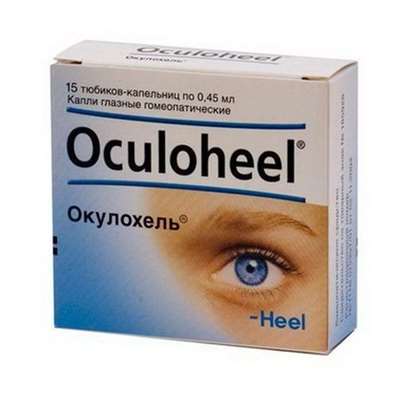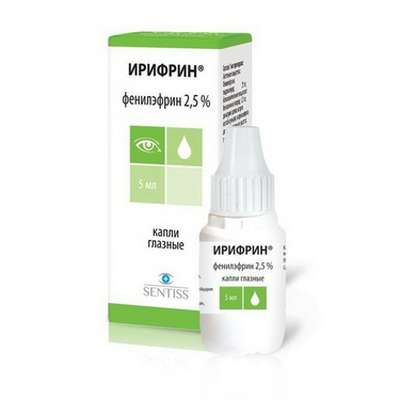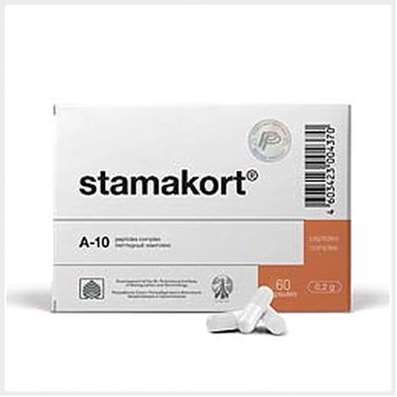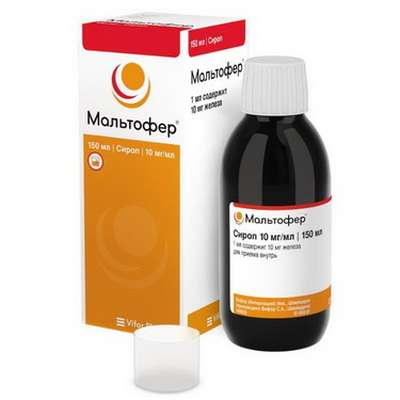Instruction for use: Corgard
I want this, give me price
Trade name of the drug – Corgard
Dosage Form: tablets
Active substance:Nadololum
ATX
C07AA12 Nadolol
Pharmacotherapeutic group: Beta-blockers
The nosological classification (ICD-10)
E05 Thyrotoxicosis [hyperthyroidism]: Von Basedow's disease; Basedow's disease; hyperthyroidism; Goitre diffuse toxic; Increased thyroid function; tireotoksicski reaction; Toxic diffuse goiter; goiter; Enlargement of the thyroid gland with symptoms of hyperthyroidism; The phenomenon of iodine Basedow
G43 Migraine: The pain of migraine; Migraine; hemiplegic migraine; Migraine headache; A migraine attack; Continuous headache; hemicrania
I10 Essential (primary) hypertension: hypertension; Arterial hypertension; Arterial hypertension crisis course; Essential Hypertension; Essential hypertension; Essential hypertension; Essential hypertension; Essential hypertension; Primary hypertension; Arterial hypertension, complications of diabetes; The sudden increase in blood pressure; Hypertensive disorders of blood circulation; hypertensive condition; hypertensive crises; arterial Hypertension; malignant Hypertension; Hypertonic disease; hypertensive crises; accelerated hypertension; malignant hypertension; The aggravation of hypertensive disease; Transient hypertension; Isolated systolic hypertension
I15 Secondary hypertension: Arterial hypertension, complications of diabetes; hypertension; The sudden increase in blood pressure; Hypertensive disorders of blood circulation; hypertensive condition; hypertensive crises; hypertension; arterial Hypertension; malignant Hypertension; hypertensive crises; accelerated hypertension; malignant hypertension; The aggravation of hypertensive disease; Transient hypertension; hypertension; Arterial hypertension; Arterial hypertension crisis course; renovascular hypertension; Hypertension symptomatic; Renal hypertension; Renovascular hypertension; renovascular hypertension; Symptomatic hypertension
I20 Angina [angina]: Heberden disease; Angina pectoris; The attack of angina pectoris; recurrent angina; Spontaneous angina; Stable angina pectoris; Angina rest; Angina progressing; Angina mixed; Angina spontaneous; stable angina; Chronic stable angina; Angina Syndrome X
I48 Atrial fibrillation and flutter: Permanent atrial tachyarrhythmias; Relief frequent ventricular rate during atrial flutter or blink; atrial fibrillation; Paroxysm of atrial fibrillation and flutter; Paroxysm of atrial fibrillation; Paroxysmal atrial fibrillation; Atrial premature beats; Tahiaritmicheskoy atrial fibrillation; Tahisistolicheskoy atrial fibrillation; auricular flutter; Life-threatening ventricular fibrillation; Atrial fibrillation; Chronic atrial fibrillation; supraventricular arrhythmia; Paroxysmal atrial fibrillation and flutter; Paroxysmal fibrilloflutter; Atrial premature beats
R07.2 Pain in the heart: neuroses of the heart; Myocardial ischemic pain; Pain syndrome in myocardial infarction; cardialgia; cardioneurosis; Cardiac syndrome; Pain in cardiac patients; Cardialgia on background dyshormonal myocardial dystrophy; Functional cardialgia; Psevdostenokardiya; pericardial pain
Z100 * CLASS XXII Surgical practice: Abdominal surgery; adenomectomy; Amputation; Coronary angioplasty; Angioplasty of the carotid arteries; Antiseptic skin treatment for wounds; Antiseptic Hand; Appendectomy; atherectomy; Balloon coronary angioplasty; Vaginal hysterectomy; The coronary bypass; Interventions in the vagina and cervix; Interventions on the bladder; Intervention in the mouth; Restoration and reconstructive surgery; Hand hygiene of medical personnel; Gynecologic surgery; Gynecological intervention; Gynecological surgery; Hypovolemic shock during operations; Disinfection of purulent wounds; Disinfection of wounds edges; Diagnostic intervention; Diagnostic procedures; Cervical Diathermocoagulation; Long-surgery; Replacing the fistula catheters; Infection in orthopedic surgery; Artificial heart valve; cystectomy; Short-term outpatient surgery; Short-term operation; Short surgical procedures; Krikotireotomiya; Blood loss during surgery; Bleeding during surgery and in the postoperative period; Kuldotsentez; laser photocoagulation; laser coagulation; retinal laser coagulation; Laparoscopy; Laparoscopy in Gynecology; CSF fistula; Small gynecological operations; Small surgical procedures; Mastectomy and subsequent plastic; mediastinotomy; Microsurgical operations on the ear; Mukogingivalnye operation; suturing; Minor surgery; neurosurgical operation; Immobilization of the eyeball in ophthalmic surgery; testectomy; pancreatectomy; Perikardektomiya; The period of rehabilitation after surgery; The period of convalescence after surgery; Percutaneous transluminal coronary angioplasty; Pleural thoracentesis; Pneumonia postoperative and posttraumatic; Preparation for surgical procedures; Preparation for surgery; Preparation of the surgeon's hands before surgery; Preparation of the colon for surgical procedures; Postoperative aspiration pneumonia in neurosurgical and thoracic surgery; Postoperative nausea; Postoperative bleeding; postoperative granuloma; postoperative shock; The early postoperative period; myocardial revascularization; Radiectomy; gastric Resection; bowel resection; uterine Resection; liver Resection; enterectomy; Resection of part of the stomach; Reocclusion of the operated vessel; Bonding tissues during surgical procedures; Removal of sutures; Condition after eye surgery; Condition after surgery; Condition after surgery in the nasal cavity; Condition after gastrectomy; Status after resection of the small intestine; Condition after tonsillectomy; Condition after removal of the duodenum; Condition after phlebectomy; Vascular surgery; Splenectomy; Sterilization of surgical instruments; Sterilization of surgical instruments; sternotomy; Dental surgery; Dental intervention in periodontal tissues; strumectomy; Tonsillectomy; Thoracic surgery; Thoracic surgery; total gastrectomy; Transdermal intravascular coronary angioplasty; Transurethral resection; Turbinektomiya; Removal of a tooth; cataract surgery; Removal of cysts; tonsillectomy; Removal of fibroids; Removing the mobile primary teeth; Removing polyps; Removing broken tooth; Removal of the uterus body; Removal of sutures; Fistula likvoroprovodyaschih ways; Frontoetmoidogaymorotomiya; Surgical infection; Surgical treatment of chronic limb ulcers; Surgery; The surgery in the anal area; The surgery on the colon; Surgical practice; The surgical procedure; Surgical interventions; Surgery on the gastrointestinal tract; Surgical procedures on the urinary tract; Surgical procedures on the urinary system; Surgical intervention of the genitourinary system; Surgical procedures on the heart; Surgical manipulation; surgery; Surgery on the veins; Surgical intervention; Vascular surgery; Surgical treatment of thrombosis; Surgery; cholecystectomy; Partial gastric resection; hysterectomy; Percutaneous transluminal coronary angioplasty; Percutaneous transluminal angioplasty; Coronary artery bypass; tooth Extirpation; Extirpation of milk teeth; pulpectomy; pulsative cardiopulmonary bypass; tooth Extraction; teeth Extraction; cataract extraction; Electrocoagulation; endourological intervention; episiotomy; Etmoidotomiya; Complications after tooth extraction
Composition (per tablet): Nadolol 1 tablet contains 40 or 80 mg; in bottles of 20, 30 or 100 pieces. or in a blister pack at 14, 20 or 28 pieces.
Pharmacological Properties of Corgard
Pharmachologic effect - antianginal, hypotensive, anti-arrhythmic.
Blocks beta1- and beta2-adrenergic receptors.
Pharmacodynamics
It provides protection from excessive sympathetic activity, reducing myocardial oxygen demand at any level of load. It reduces the frequency of migraine attacks (prevents vasoconstriction in the internal carotid artery and excessive adrenergic impulses, leading to the expansion of the external carotid artery).
Clinical pharmacology
It reduces the number and severity of angina attacks by blocking the effect of catecholamine stimulation. Reduces mortality by preventing repeat heart attacks and sudden death episodes in patients who survived a first myocardial infarction.
Indications
Angina pectoris, hypertension, arrhythmia, migraine (prevention), thyrotoxicosis (hyperthyroidism withdrawal symptoms and preparation for surgery).
Contraindications
Bronchial asthma, sinus bradycardia, AV block II-III degree, cardiogenic shock, congestive heart failure.
Side effect
Bradycardia, hypotension, paresthesia, dry mouth, disorders of the gastrointestinal tract, and insomnia.
Dosage and Administration
Inside, 1 time a day. Angina pectoris, arrhythmia, migraine, - from 40 to 160 mg per day. Thyrotoxicosis - 160 mg per day. Hypertension - from 80 to 240 mg per day.
Precautionary measures
Be wary appoint patients with psoriasis.
Storage conditions of Corgard
At room temperature not exceeding 30 ° C.
Keep out of the reach of children.

 Cart
Cart





